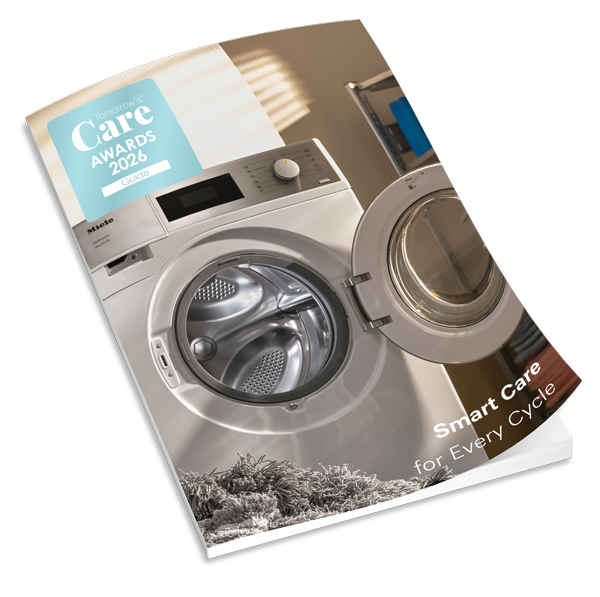Changes in the rules that will allow understaffed care homes and agencies to employ overseas workers in lower skilled roles are likely to be met with caution, predict immigration experts.
Care homes struggling to recruit carers will be able to make job offers to more overseas migrants from 15 February. The rule changes will make it easier to recruit care assistants and support workers, as long as recruiting care homes are registered to sponsor overseas workers. The change applies because the roles will be newly added to the UK’s shortage occupation list.
However, immigration expert Yash Dubal predicts that the temporary nature of the change will make some Care Homes nervous about relying on migrant labour to alleviate manpower shortages.
“Some employers may not be comfortable with changing their business model to pursue recruitment of overseas care workers, only for this source of staffing to be lost in a years’ time if the change is reversed,” he said.
Until now, under the UK’s points-based immigration system, only overseas workers classified as senior carers could be sponsored and recruited by UK care homes. The restriction meant that a significant proportion of care home jobs were off-limits to foreign workers and remained unfilled as not enough native workers applied for the roles.
It normally takes around two months for a business to get a sponsor licence. Once a licence is granted and a job offer is made. The employee must them apply for a visa, a process that takes between one and two months,
Mr Dubal, director of visa specialist A Y & J Solicitors explained: “Care workers will probably be considered ‘high risk’ applicants, which means that the Home Office may take significantly longer than the normal service standards to grant many of those visas. The lack of visibility on timeframes for approvals and the uncertainty as to whether care workers will stay on the shortage occupation list for more than 12 months may make some care homes proceed with caution. Although many which already hold sponsor licences - and those who already have the infrastructure for sponsorship, are likely to be keen to press ahead with sponsorship.”
Employers will need to put certain measures in place to take advantage of these changes and alleviate staff shortages.
“First an employer must hold a sponsor licence, which is permission granted by the Home Office to recruit and employ people from outside the UK and ROI,” said Mr Dubal. “To apply for a sponsor licence, the business needs to demonstrate that they are a genuine care home, with a senior member of staff willing to take responsibility for the licence. They also need HR systems in place to monitor sponsored staff and ensure that the workers are doing the role they have been sponsored for.
“Once the Care Home has a sponsor licence, they can then proceed to assign a certificate of sponsorship which is a virtual document that confirms the job offer and candidate’s details.
“The final step is for the person who has received the job offer to make a visa application. This visa will allow the person to work for the Care Home.”
Placing the lower skilled care jobs on the shortage occupation list will allow care homes and agencies to employ workers to fill them from anywhere in the world. However, while sponsored care workers will not need higher education qualifications, they will still need to speak English proficiently, so will typically be drawn from countries where English is commonly spoken.





















